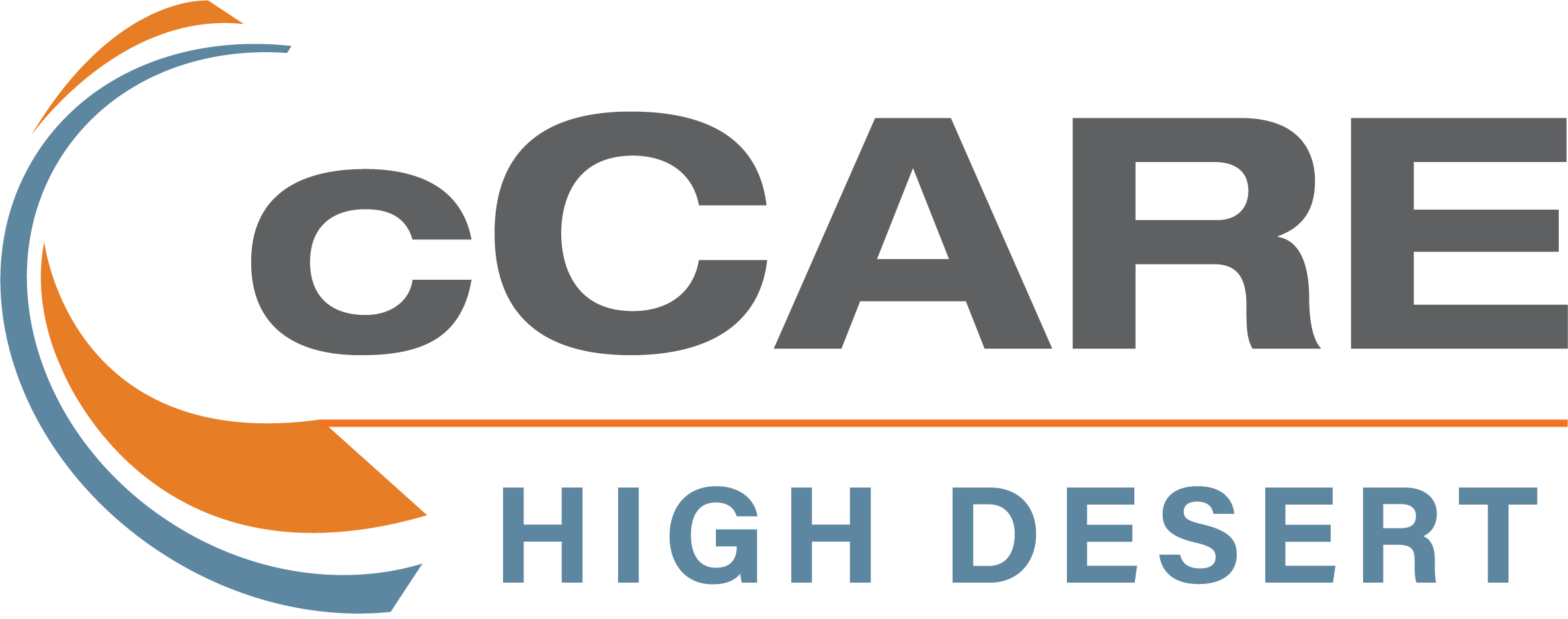Expanding Community Cancer Care in the High Desert Region
[NASHVILLE, TN, January 24, 2024] — Integrated Oncology Network (ION) together with partner California Cancer Associates for Research and Excellence (cCARE) proudly announce the addition of our esteemed Hematology Oncologist, Dr. Pallvi Popli, to the medical team in Victorville, California.
Dr. Popli is a fellowship-trained and board-certified hematologist/oncologist, earning her medical degree at Ross University School of Medicine and completing her residency at the University of Massachusetts School of Medicine. Dr. Popli’s expertise continued with a Hematology-Oncology Fellowship at Rutgers, shaping her commitment to global oncology through impactful research in East Africa. Most recently, she served as Assistant Professor in the Department of Medicine at the University of Connecticut School of Medicine. She is a member of the American College of Physicians, the American Society of Clinical Oncology, and the American Society of Hematology.
With an impressive background in hematology-oncology, Dr. Popli’s comprehensive approach to patient care, and background in teaching and education, reflects her mission to provide high-quality, personalized cancer care and improve outcomes for the community.
“I am honored to join one of California’s leading cancer care providers. Together, we will strive to make a meaningful difference in the lives of our patients,” said Dr. Popli.
Jedidiah Monson, MD, cCARE Board President and Medical Director of Radiation/Imaging, said, “Dr. Popli’s arrival marks an exciting new chapter for cCare High Desert. Her expertise and dedication will enhance our ability to provide high-quality oncology services and address specialty oncology care needs in our community.”
Barry Tanner, CEO of Integrated Oncology Network, emphasized the importance of this addition: “The addition of Dr. Pallvi Popli, will help us continue our mission to make a positive impact on the communities and lives of patients we serve nationwide. We are proud to solidify our leadership in community oncology care delivery.”
Dr. Popli is now accepting new patients. Contact cCARE High Desert to learn more about her services.
About Integrated Oncology Network
Integrated Oncology Network partners directly with physicians, hospitals and other healthcare providers to offer the latest services and technologies to their patients. Founded in 2008, ION has grown to more than 60 centers across the country, providing a complete and integrated continuum of care – diagnostic testing, radiation oncology, medical oncology, urology and other ancillary services. For more information, visit www.ionetwork.com.
About cCARE
California Cancer Associates for Research & Excellence, cCARE, is the largest full-service private oncology and hematology practice in California. cCARE delivers the highest quality medical oncology, chemotherapy and radiation treatments, supplemented by a large research and clinical trials program. With eight clinical and business offices in the San Diego and Fresno areas, cCARE provides patient with care beyond treatment no matter where they call home. For more information, visit www.ccare.com.


